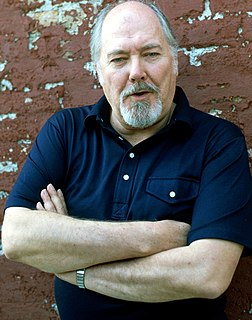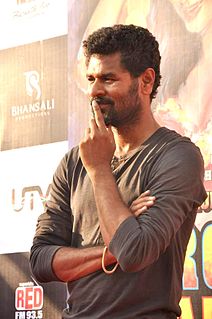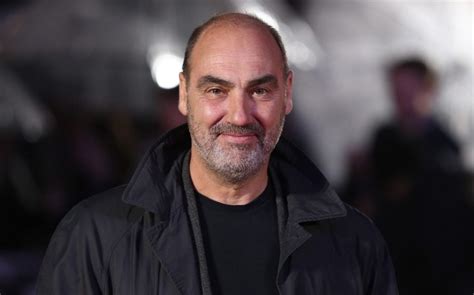A Quote by Julia Stiles
With film, so much is in the director's hands. Once something is cut together - unless you're in the editing room - you don't really remember what the alternatives are.
Related Quotes
I'm a huge fan of director's cuts or reassemblies if they're good, but I remember being really excited about the restored version of Apocalypse Now, and then I preferred the original film. Kingdom of Heaven as a director's cut is the real picture, but in fact someone recently told me that there was another cut, the original first cut, which he said was just extraordinary. I've never seen it - and of course now I want to, if it exists, and so would everybody else.
Me and Kirby are very collaborative and it changes from film to film. The first project we worked on together, Derrida, we co-directed. The last film Outrage, I was the producer and he was the director. This film was much more of a collaboration - he is the director and I am the producer - but this is a film by both of us.
[ Digital revolution ] only has allowed me to work faster, editing digitally, which I'm doing right now, a film on volcanoes. I can edit almost as fast as I'm thinking, editing with celluloid means always searching for this little reel of film, and number it, and scribble on it with some sort of pens, and gluing it together, and working on a flatbed. It's much, much slower.
I was really able to confirm something that I knew on some level before I'd made a film. The best actors know how to really relax. Because in film, a lot of the decisions are made in the editing room, so when you're trying to guide your performance too much - always it's a push and pull because you can't be too relaxed. Too relaxed and it's like, "What are you doing?" Too tense and it's not good either.
All three parts of filmmaking [writing, shooting, editing] contribute to rhytm. You want the script to be a tight as possible, you want the acting to be as efficient as possible on the set, and you have enough coverage to manipulate the rhythm in the editing room, and then in the editing room you want to find the quickest possible version, even if it's a leisurely paced film. I definitely in filmmaking more and more find writing and directing a means to harvest material for editing. It's all about editing.
In the film industry you never really know if all the various ingredients will come together - sometimes they do, and sometimes they don't. As an actor, you don't have much control over those things. It's a director's medium in that sense. All you can really do is minimise the risks of being involved in something that might not work and look for something that also suits you.
If you take a big epic novel and you shoot it, when you get to the editing room you notice that it has 2 million climaxes, which fill the whole 90 or 100 minutes. Then you realize you can't cut them out because if somebody is dying and you cut that out it seems like they just disappear from the film.



































